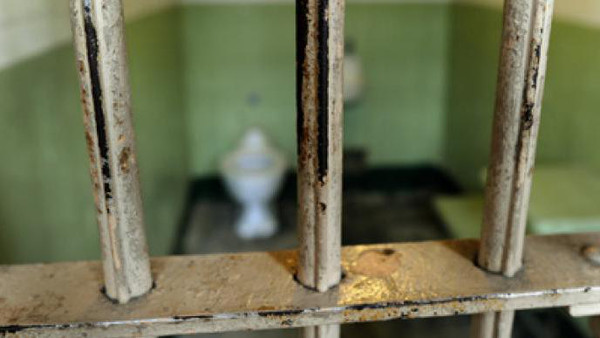PETALING JAYA, June 1 — The Health Ministry is faced with an uphill task of curbing the spread of tuberculosis (TB) and other infectious diseases among remand detainees.
A high-ranking ministry official familiar with the prisons health care procedures said the spread of diseases like TB was more rampant in remand cells because of the high turnover, compared to prisoners serving their sentences and those in Immigration detention centres.
He said there were some who were remanded five times in a year.
“It is the remand segment we are worried about because when they are admitted and we find them to be having some sickness, we start their treatment but it only lasts while they are in detention,” he told Malay Mail.
“They usually can’t be located after they are released and fall off the radar of the Health Ministry.”
The official was responding to Malay Mail’s front page report on Monday and Tuesday on the prevalence of TB among Malaysians, and why prisons are a hotbed for spreading the air-borne disease.
He said that after they were released from remand, “these individuals just disappear and they don’t see it necessary to continue their treatment”.
“Looking at it from a psychological point of view, offenders have a different mindset and getting themselves treated is not a priority compared to making a living for themselves,” he said.
He said many have no family unit to support them, which leads them to rejoin undesirable activities and get re-arrested, thus making them repeat offenders.
The official said overcrowding in remand cells contributes to the spread of TB.
“Having more than doubled the number of inmates at any one time in a cell results in over-congestion. When you have prisoners in such a confined environment it increases the risk of TB either spreading from one to another, or resurfacing.”
Elaborating on medical procedures in prisons, the official said when a convict is admitted to prison, it is a procedure for a doctor to examine the person for any illness within 24 hours.
“For TB, the doctor looks for symptoms of cough and other signs. The convicts will also be questioned about their symptoms,” he said.
“Usually, when it is infectious we can see some signs. A lot of them are malnourished because they are drug addicts, HIV patients,” he said.
“Those with infectious diseases are kept in separate cells to prevent the spread of the disease. The decision is made by the prison doctor on duty.”
Most prisons have two to three doctors on duty during office hours and paramedics that are on call after hours.
In case of a crisis after office hours, the paramedics will first respond and then seek the doctor’s advice on whether the patient can be treated there or sent to the nearest hospital.
“The same applies when someone shows signs of TB. The prison doctor will decide if the patient needs a chest X-ray,” he said.
“There is some paper work involved when taking an inmate to a hospital or health clinic because of security reasons.”
It is not cost-effective to have X-rays and other medical services in prisons, which can be done at the nearest clinics.
The official said prisoners undergo a medical examination when they are admitted to prison and when they leave prison after they are released by the court.
“This two examinations are compulsory,” he said.
He also said TB cases spread at Immigration detention centres are easier to control as the detainees stay there for a longer period while waiting for repatriation.
In the case of police lock-ups, they are usually there for a short period before they are placed under remand.



















